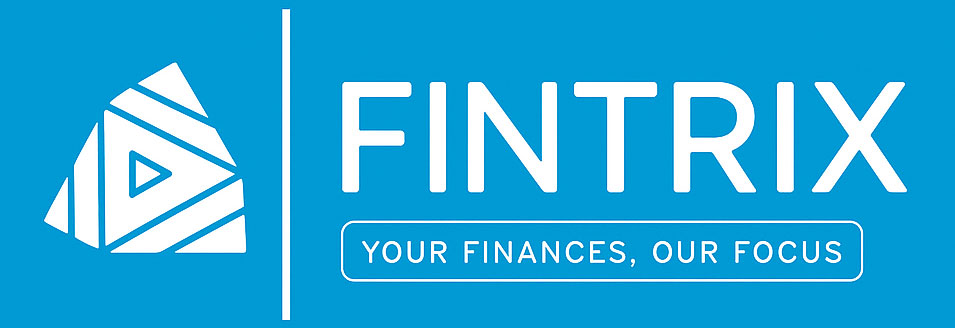Choosing the right accounting software can make or break your business finances. Two of the most popular cloud-based options are Xero and QuickBooks Online—but which one is better for your business?
In this blog, we compare Xero vs QuickBooks across key categories like features, pricing, ease of use, integrations, and global usability, so you can make an informed decision.
🔍 1. Overview: Quick Snapshot
| Feature | Xero | QuickBooks Online |
|---|---|---|
| Best for | International/multi-currency users | US-based businesses, freelancers |
| Pricing (Starter) | Starts at $15/month | Starts at $30/month |
| User Access | Unlimited users | Limited users based on plan |
| Payroll | Add-on (via Gusto in the US) | Built-in (USA only) |
| Mobile App | Yes | Yes |
| Support | 24/7 Email Support | Chat + Phone Support |
💼 2. Features & Functionality
Xero is known for its clean interface, real-time dashboards, and global usability. It includes:
- Bank reconciliation
- Invoicing
- Bills and expenses
- Projects (on higher-tier plans)
- Inventory tracking
QuickBooks Online offers:
- Invoicing and bank reconciliation
- Receipt capture
- Mileage tracking (via app)
- More detailed tax tools (US-based)
- Built-in payroll
🏆 Winner: Tie — QuickBooks has more built-in tools; Xero wins for clean UI and unlimited users.
🌎 3. International Use & Currency Handling
If your business deals with multiple currencies or operates globally:
- Xero supports multi-currency on Standard or Premium plans and is ideal for UK, Australia, NZ, and global markets.
- QuickBooks supports multi-currency only on the Plus plan and is better optimized for US-based tax and reporting.
🏆 Winner: Xero for global businesses
📈 4. Reporting and Dashboard
Both platforms offer strong financial reporting. Xero stands out for:
- Real-time dashboards
- Cleaner, visual reports
- Customizable templates
QuickBooks:
- Offers better tax-specific reports (especially for US)
- Has deeper inventory and job costing on higher plans
🏆 Winner: Xero for visuals and dashboard; QuickBooks for detailed reporting
🔗 5. Integrations
Both Xero and QuickBooks connect with 1,000+ apps including:
- Dext (Receipt Bank)
- Gusto (Payroll)
- Stripe, PayPal
- Hubdoc
- Shopify, Square, Amazon
🏆 Winner: Tie — Both have strong app ecosystems
💰 6. Pricing Comparison (as of 2025)
Xero:
- Starter: $15/month
- Standard: $42/month
- Premium: $54+/month
- Unlimited users on all plans
QuickBooks Online:
- Simple Start: $30/month
- Essentials: $60/month
- Plus: $90/month
- Add extra for users and payroll
🏆 Winner: Xero (better value, especially for teams)
🛠️ 7. User Experience & Learning Curve
QuickBooks is often preferred by accountants familiar with US tax laws.
Xero offers a smoother, more modern interface—perfect for startups, creative professionals, and global teams.
🏆 Winner: Xero for beginners; QuickBooks for US-based accountants
🧾 8. Which Should You Choose?
Choose Xero if you:
- Need multi-currency support
- Operate outside the US
- Want unlimited users and a beautiful interface
- Work with a virtual bookkeeping team like Fintrix
Choose QuickBooks if you:
- Are a US-based freelancer or small business
- Need built-in payroll and tax filing
- Prefer direct phone support
🚀 Final Thoughts
Both Xero and QuickBooks are excellent cloud accounting platforms—but the best choice depends on your location, team size, and business needs.
If you’re unsure, Fintrix can help you pick the right platform, set it up, and handle your bookkeeping—so you can focus on growing your business.
✅ Get Expert Help with Xero or QuickBooks
Whether you’re in the US, UK, Australia, or Canada, Fintrix Services LLC and Fintrix Professional Services Pvt Ltd offer tailored bookkeeping and accounting on both platforms.
👉 Contact Us for Free Software Advice
📩 Email: info@fintrix.org
